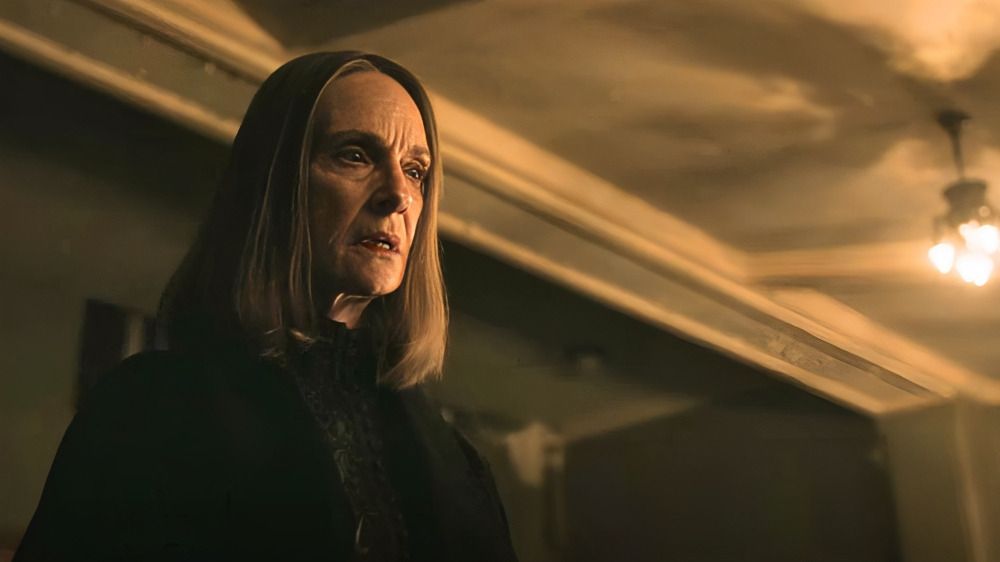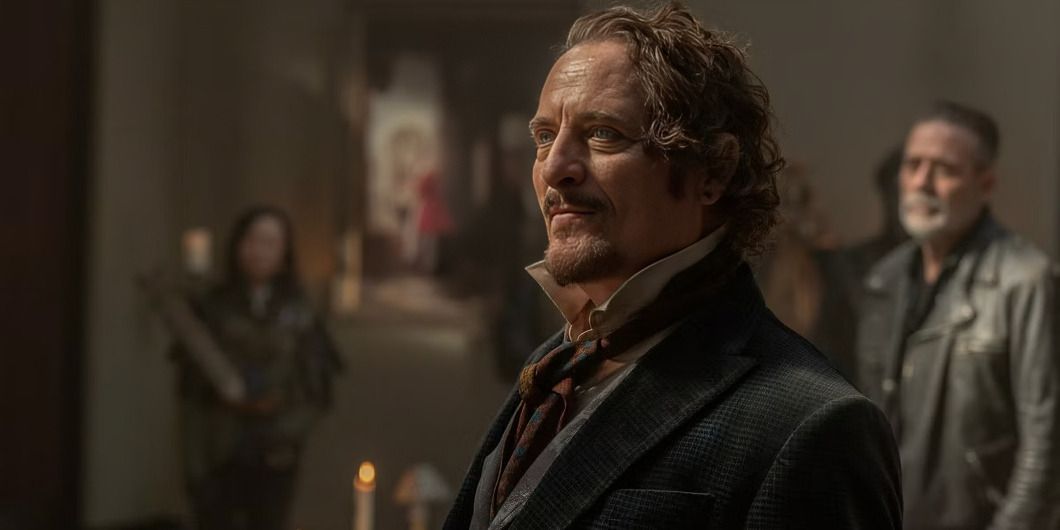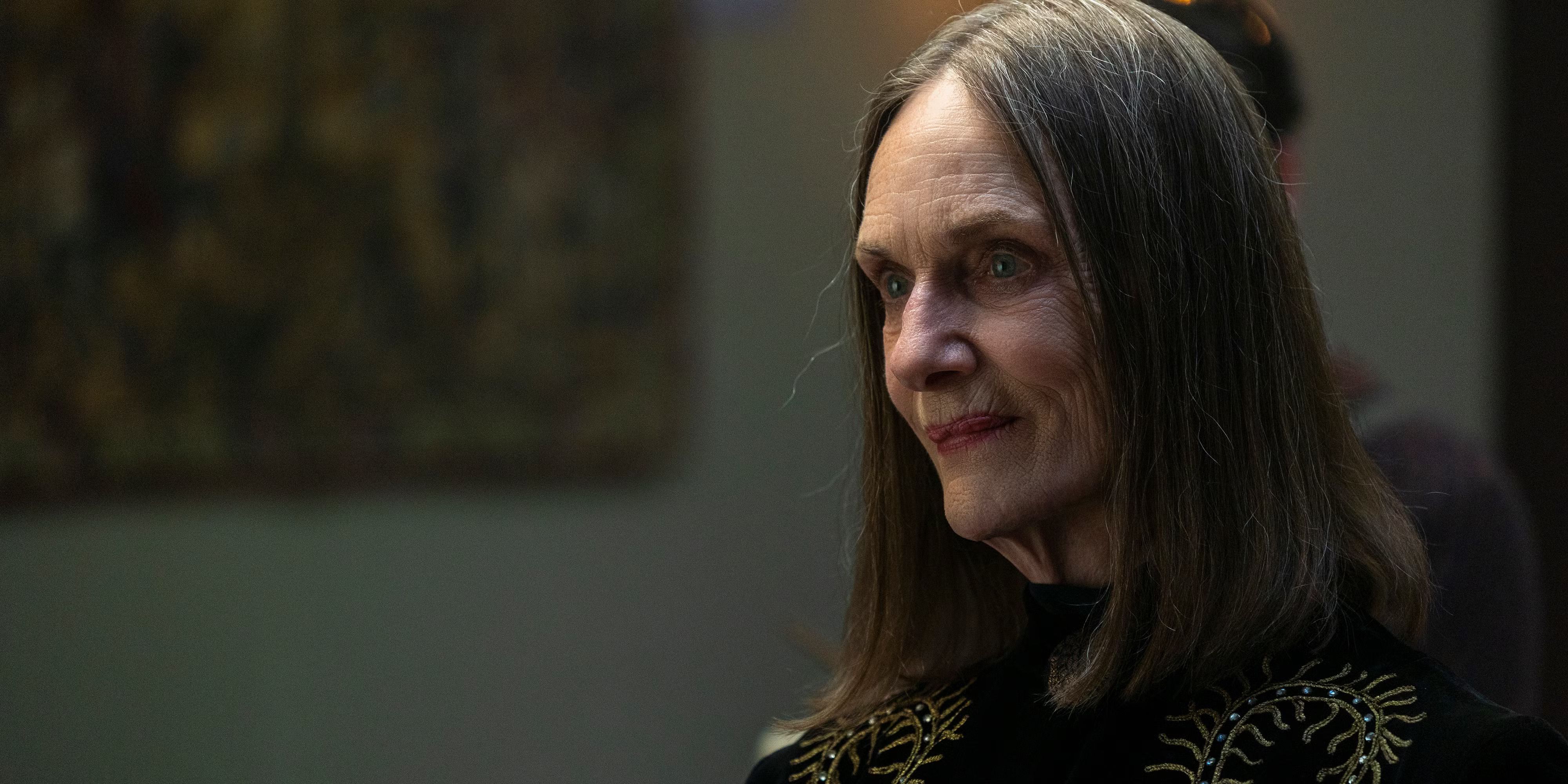
Ava Harper
Analysis
Ava HarperTop Author
Analysis
Who Is the Dama in The Walking Dead: Dead City? Manhattan’s Most Mysterious Villain Explained
Okay, let’s talk about The Dama—because wow, what a character.
She didn’t scream or swing a bat. She didn’t need to. One look, one icy word, and you knew exactly who was in charge. But who was she, really? The mystery around her was half the power. The other half? Pure, calculated menace.
Before It All Fell Apart

The Dama wasn’t just anybody before the world ended—she was a theater critic in Manhattan. Not the fun kind. The feared kind. She could end your play with a single review, and she did. She had that much power. Her words could crush egos, kill careers, or crown someone the next big thing. She basically ruled Broadway with a poison pen.
But then someone flipped the script. A playwright turned her into a joke in a play called The Little Empress. It exploded. Huge hit. And The Dama? She lost it. Actually bit the guy during a confrontation at the King Francis Theater. Her career never recovered.
Now fast forward to the apocalypse, and where do we find her? Back at that same theater. Of course. The spotlight never leaves some people.
Enter the Queen of Manhattan
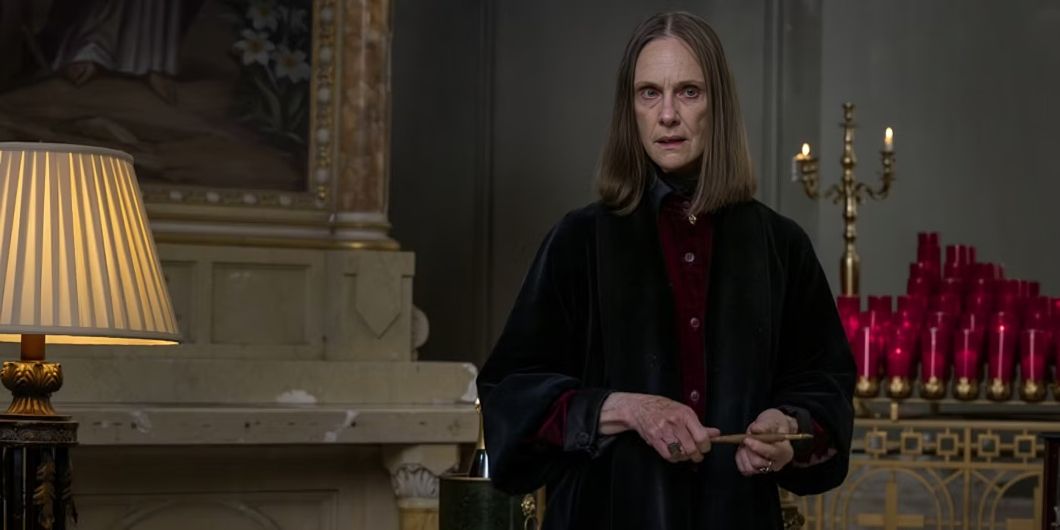
After the world fell, the Dama didn’t just hide. She built something. She turned that old theater into a throne room. And when the Croat—yes, that Croat—washed up on the shores of Manhattan, half-dead and alone, she found him.
She didn’t just patch him up. She built him. Helped him organize the Burazi. Helped him take over. And all the while, she sat quietly behind the scenes, making moves, cutting deals, holding court in a dressing room with more control than most generals ever had.
She was terrifying because she didn’t yell. She didn’t rant. She just looked you dead in the eye and made you kiss her hand. Literally. The Croat, a man who burned people alive, knelt before her like a loyal dog.
Negan, the Missing Piece
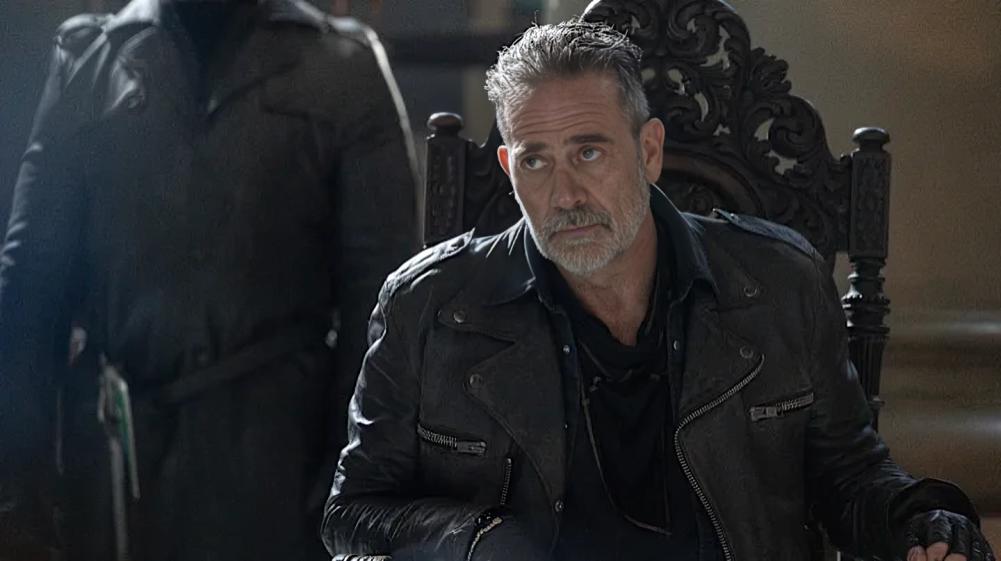
It was the Croat who brought Negan to her attention.
He came back to her raving—about the man, the myth, the legend. About how Negan had turned tribal chaos into calculated theater. The Dama listened carefully, intrigued but skeptical. For all she knew, this “Negan” was just another of the Croat’s unhinged fantasies.
So when she finally met him, she smiled and admitted it—she was pleased to discover that Negan was actually real, and not just a product of the Croat’s insanity.
To her, Negan wasn’t just a warlord. He was potential. Power. Spectacle.
She dismissed the Croat like an annoying stagehand and addressed Negan directly—offering him a drink, admiring his style, and pitching her vision. The island needed leadership, she said. Someone confident, fearless, magnetic. “What is politics”, she asked, “if not performance?”
Then she dropped the mask.
She brought up Hershel—Maggie’s son. Said they’d had conversations. That the boy had shared stories—some full of pain, some hinting that maybe the man who’d shattered his family carried the weight of it.
And then came the box. Inside: Hershel’s severed toe.
Not a threat. A statement. A warning. A twisted show of control.
At that moment, it was clear—this wasn’t about diplomacy.
This was theater.
And Negan had just been cast in her final act.
Burned by Her Own Power
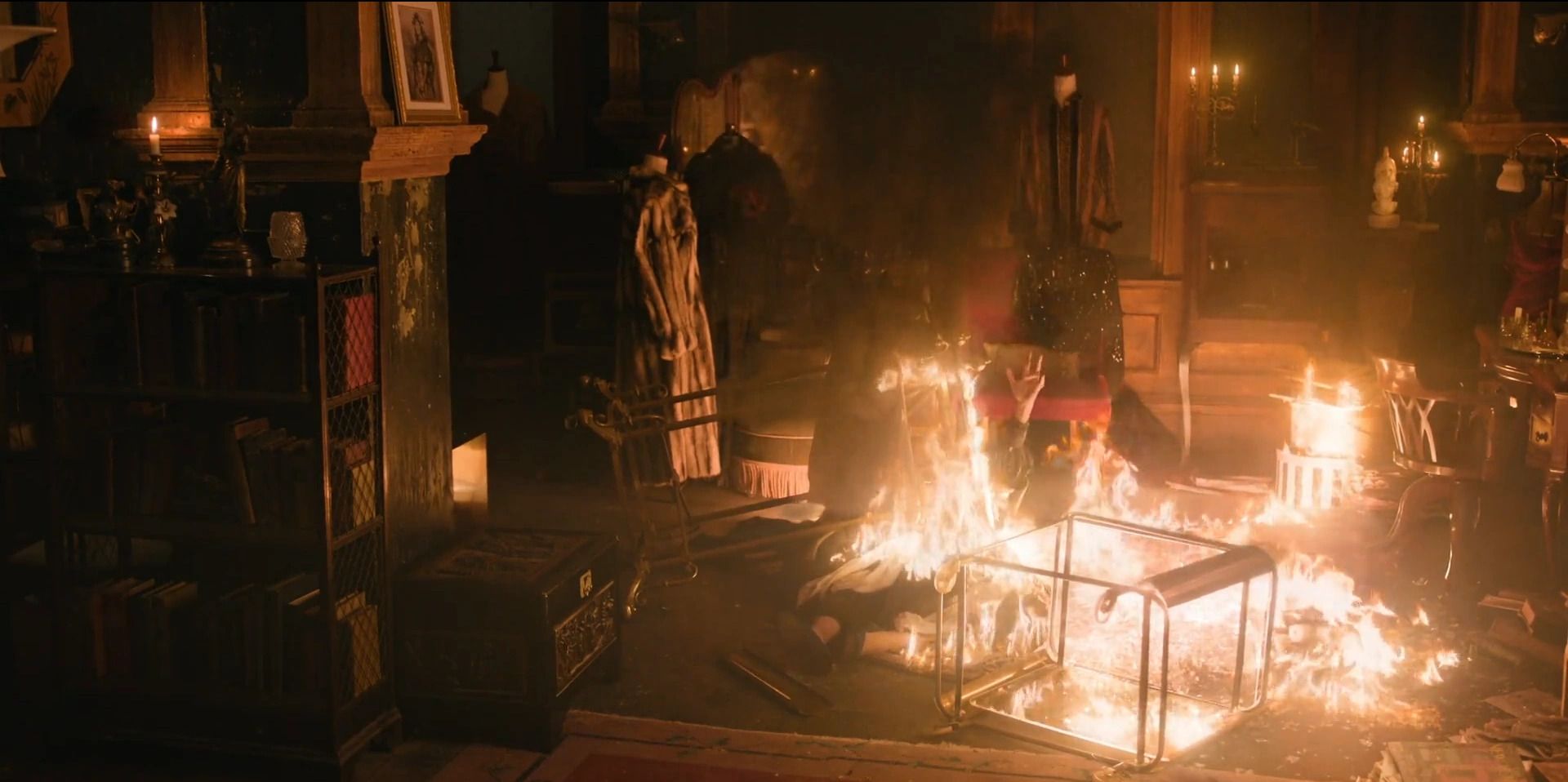
The Dama didn’t die in some epic battle. No bullet. No walker bite. Just a plan. A whisper. A well-placed push.
Negan turned the Croat against her. Quietly. Smartly. Then, he killed her pet rat—the one thing she genuinely seemed to love—and sat back as it all fell apart.
She accused the Croat. Bit him. Again with the biting. He snapped, shoved her, and the dominoes tumbled. Candles fell. Fire spread. A rack pinned her down.
And she screamed. Begged.
But the Croat—her own creation—walked away. Left her there, burning. That was it. That was the end of The Dama. Not with a bang, but with a betrayal.
What Does “The Dama” Mean?
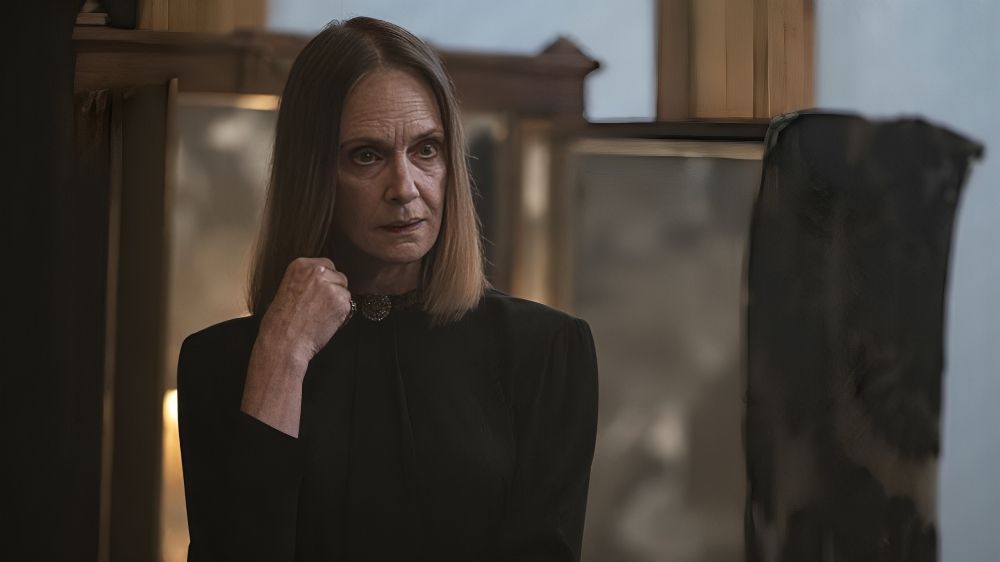
So, what’s up with that name—“The Dama”? It’s never really explained on-screen, but there’s a solid theory floating around. Since she’s tight with the Croat, some fans dug into the language and found that dama means “lady” in Croatian. Makes sense, right? Maybe that’s where it came from. Maybe the Croat gave her the name as some weird little honorific, or maybe it’s something they cooked up together. Could they be related? Who knows. Their accents don’t match, but stranger things have happened in the apocalypse. Whether it’s a nickname, a joke, or a title she made her own, it stuck—and now “The Dama” feels way more dangerous than just “lady” ever could.
Final Thoughts
The Dama wasn’t your typical villain. She didn’t snarl, didn’t rant, didn’t swing a weapon. She whispered, manipulated, played the long game. She was terrifying not because she was cruel, but because she was certain. Certain that her vision—her Manhattan—was worth any cost.
She didn’t want chaos. She wanted order. Elegance. A return to something more refined than the blood-soaked barbarism outside her theater doors. To her, cruelty wasn’t cruelty—it was correction. And she saw herself as the last true curator of a fallen city.
That’s what made her dangerous.
She believed the island could be reborn. That the tribes could be united. That Negan could become a symbol of control. And maybe, in her mind, she wasn’t the villain at all—just the director of a better ending for Manhattan.
But in a world like this, visionaries don’t get curtain calls. They get betrayed. Burned. Forgotten.
The Dama played her part to the bitter end—regal, ruthless, relentless. And now, her ashes mix with the dust of the city she once ruled.
A queen with no kingdom.
A finale no one applauded.

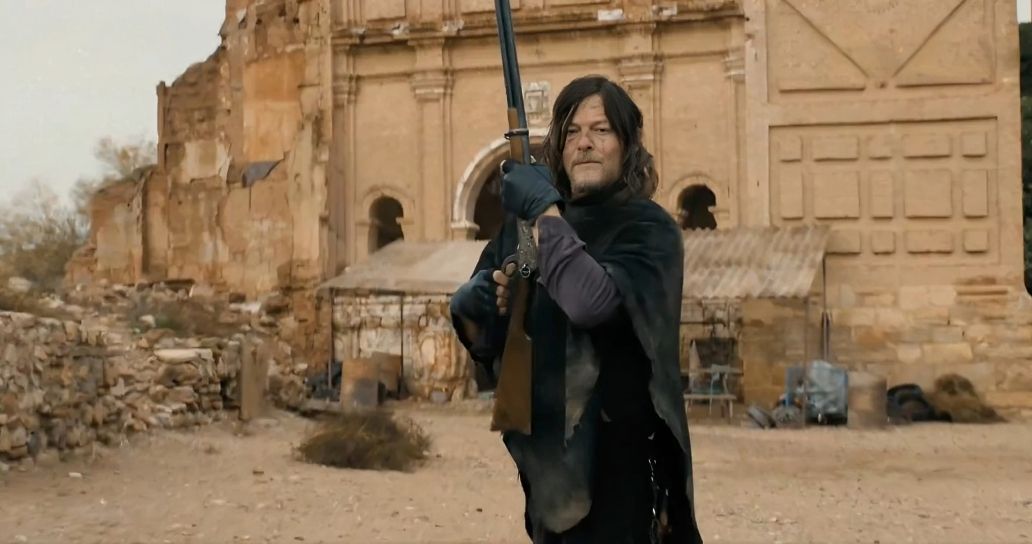
 Ava Harper
Ava Harper